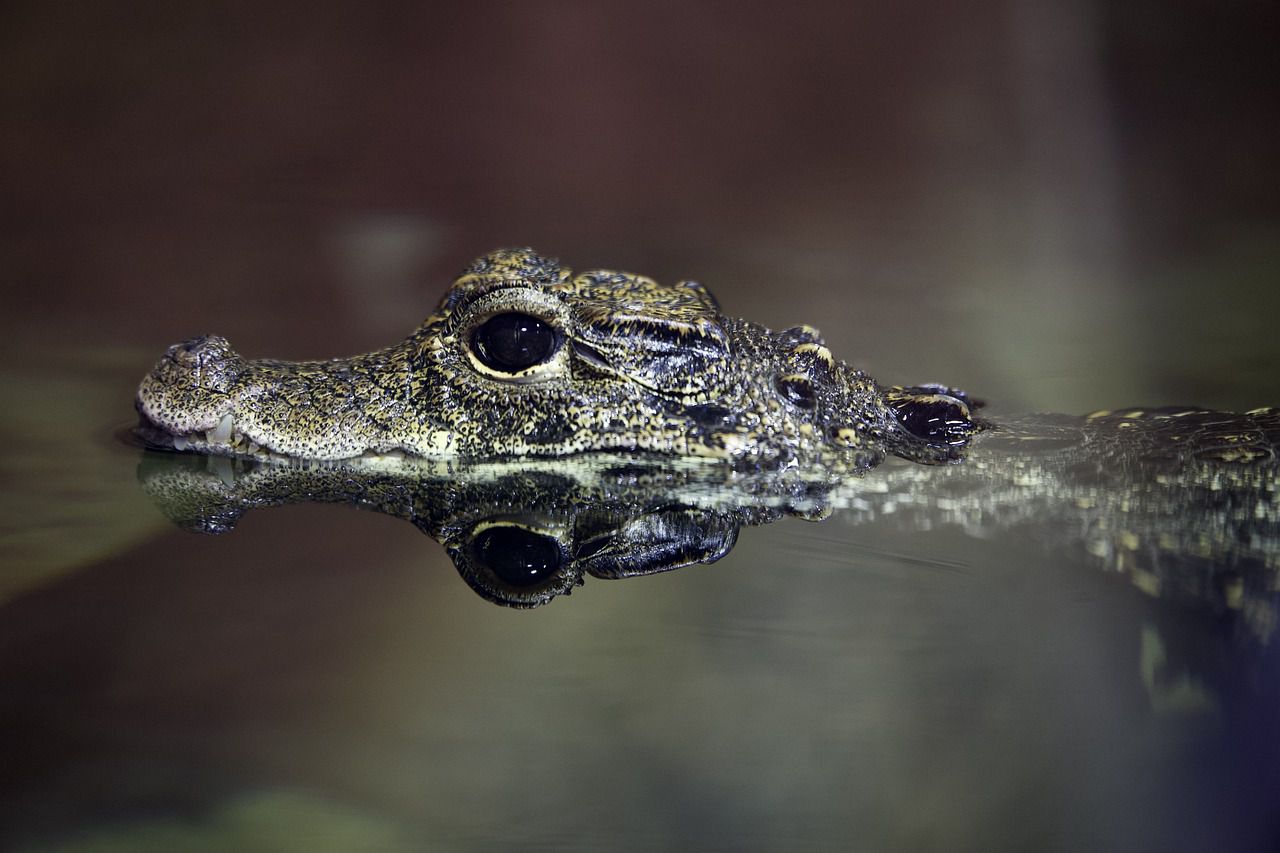Even the most dangerous species sometimes need protection.
The University of Queensland has achieved a momentous breakthrough with the development of a vaccine that safeguards farmed saltwater crocodiles against the West Nile virus.
Let's find out more.
The research that can help thousands of animals
Led by Dr. Jody Hobson-Peters from UQ's School of Chemistry and Molecular Biosciences, this research brings promising economic and biodiversity benefits to northern Australia.
The locally prevalent strain of the virus, known as Kunjin virus, renders crocodile hides unsaleable due to the development of small skin lesions called pix.

With the potential to affect up to 30 percent of croc hides, the virus poses a considerable threat to the thriving $100 million a year crocodile hide farming industry.
The vaccine, derived from a benign 'Binjari' virus isolated from Australian mosquitoes, has demonstrated exceptional safety and efficacy in crocodiles.
After receiving two doses, vaccinated crocs exhibited a robust immune response, providing strong protective immunity against WNV without viral replication.
Why is it important?
Dr. Sally Isberg, Director of the Centre for Crocodile Research in Darwin, emphasizes the significance of the crocodile farming industry in promoting sustainability and preserving the apex predator from extinction over the past 60 years.
This resurgence also benefits co-inhabiting species like the brolga, jabiru, and long-necked turtle.













